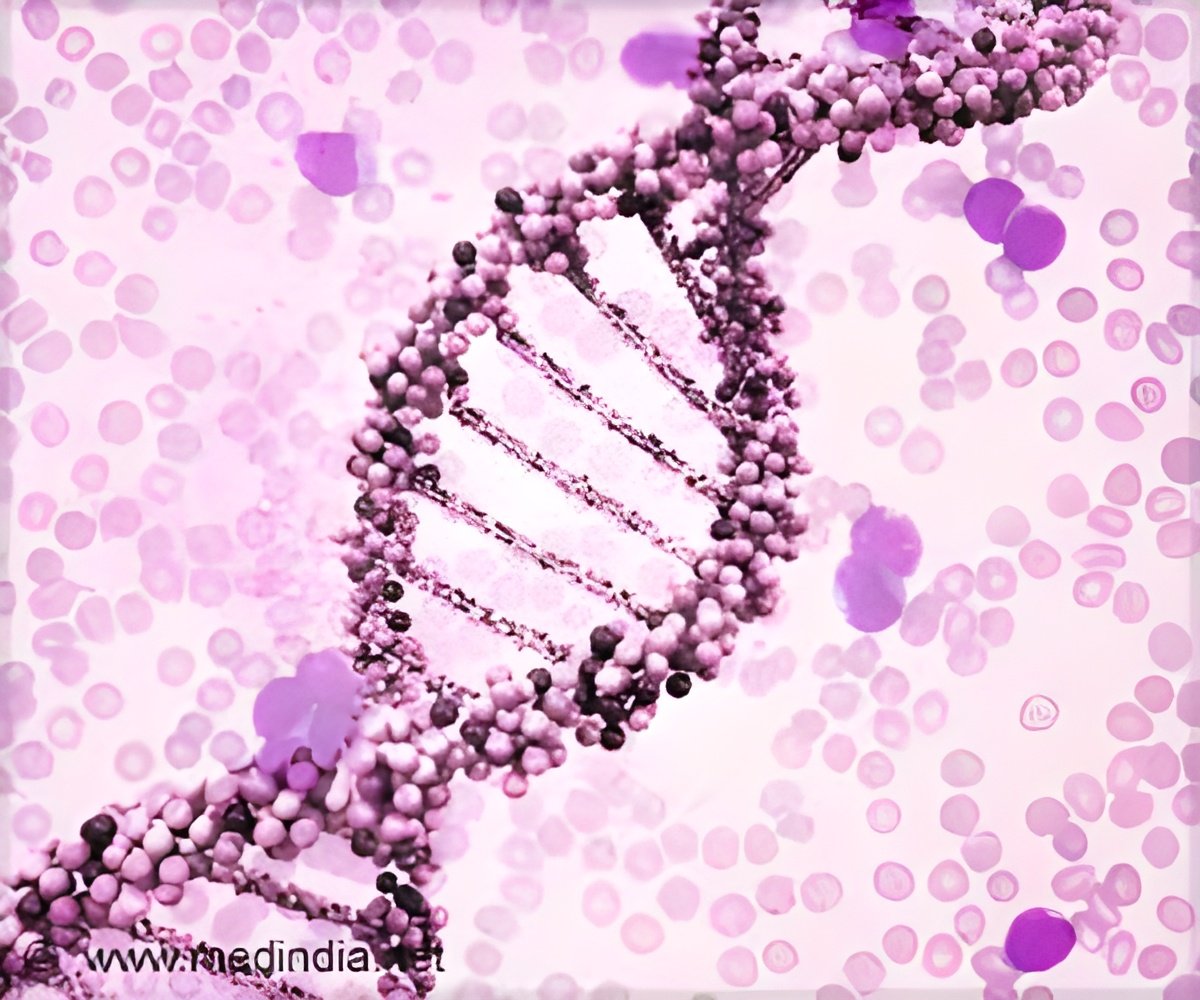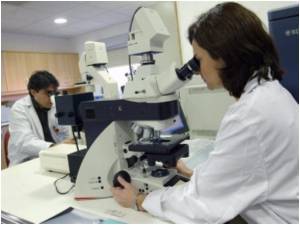Genetic model for myelofibrosis tests for gene mutations including JAK2, CALR, and MPL, which are known to drive myelofibrosis.

‘The model enables to identify patients who are age 70 years or younger who may still be candidates for a stem cell transplant to treat their disease.’





Dr. Tefferi says he and his colleagues incorporated new genetic tests in the model for gene mutations including JAK2, CALR, and MPL, which are known to drive myelofibrosis. He says the new model also tests for the presence or absence of high-risk mutations such as ASXL1 and SRSF2. "Our model is also unique in that we developed it for patients who are age 70 years or younger who may still be candidates for a stem cell transplant to treat their disease," Dr. Tefferi says. Researchers studied 805 patients with primary myelofibrosis who were 70 years of age or younger. Patients were recruited from multiple centers in Italy and from Mayo Clinic in Minnesota. The Italian and Minnesota groups formed two independent learning and validation cohorts. "We were surprised by how similar the predictive models performed in two completely separate patient databases," Dr. Tefferi says.
Dr. Tefferi says that genetic information is increasingly being used as a prognostic biomarker in patients with primary myelofibrosis and he anticipates the potential use of such an approach along with relevant clinical, cytogenetic and mutational data for other hematologic and non-hematologic cancers.
Source-Eurekalert













